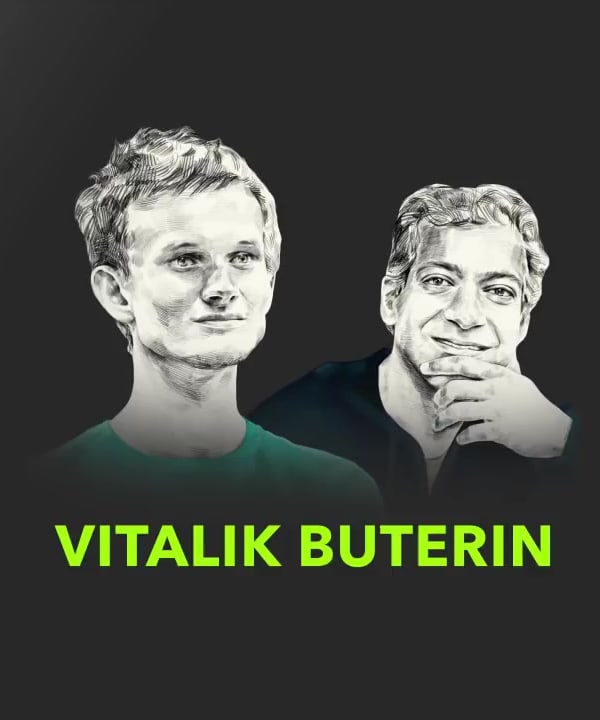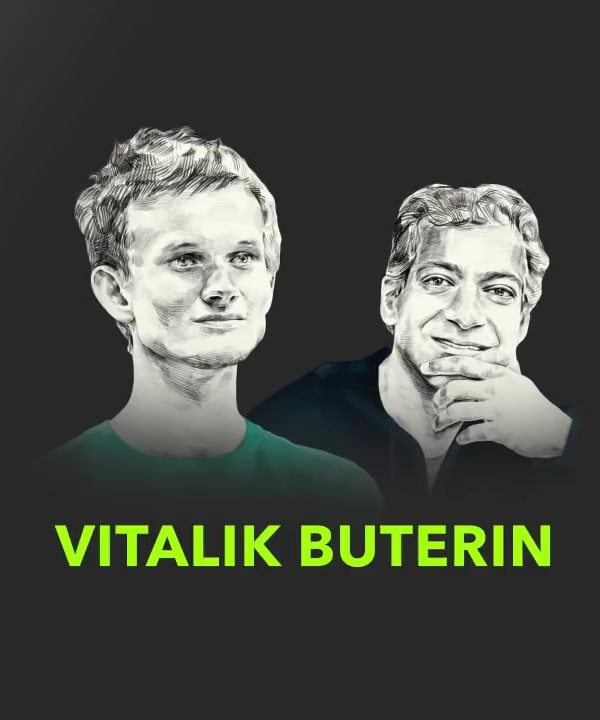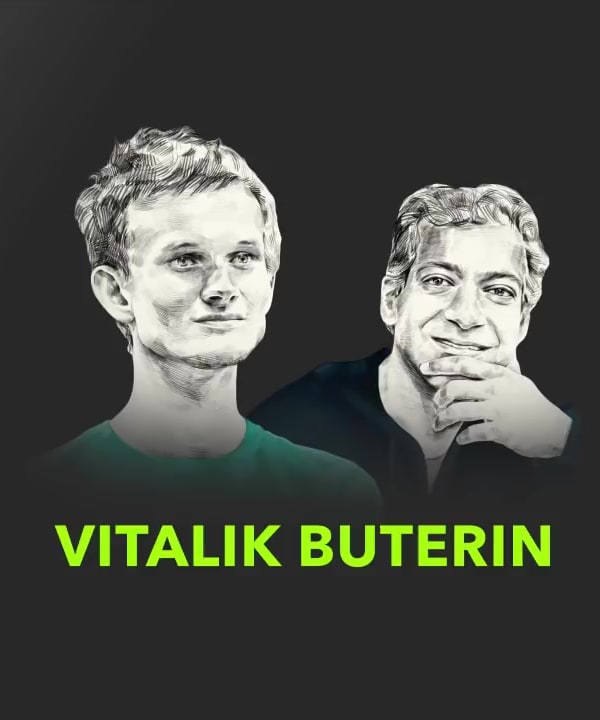decentralized systems
Sources:
Tim Ferriss has explored decentralized systems extensively on his podcast, often bringing in experts to delve into their intricacies. Here are several key insights from his episodes:
-
Decentralized Consensus:
- Vitalik Buterin and Naval Ravikant explain the importance of economic incentives in securing decentralized voting processes against civil attacks. They emphasize that decentralized systems must avoid central registries to maintain user trust and security 1.
-
Decentralized Applications and Services:
- Naval Ravikant discusses decentralized applications like ENS (Ethereum Name Service) and Status, highlighting their censorship resistance and enhanced security compared to centralized alternatives. These innovations contribute to building more robust and user-autonomous systems 2.
-
Blockchain Innovations:
- The evolution of blockchain technology includes moving towards supporting programming languages rather than specific applications, enabling diverse applications like decentralized finance (DeFi) and NFTs (non-fungible tokens). This shift underpins the broader adoption of blockchains for varied use cases 3.
-
Challenges and Dilemmas in Decentralization:
- Andrew Rosener points out the significant issues caused by the lack of centralized control in decentralized systems. He particularly emphasizes the confusion and potential misuse in decentralized internet and content censorship dilemmas, which could hinder widespread adoption 4.
-
Evolution of Systems:
- Naval Ravikant cites Gaul's Law, stressing that successful complex systems evolve from simple ones that work. He applies this to NFTs and the broader Web3 ecosystem, predicting that decentralized solutions will outperform centralized ones over time due to their inherent flexibility and user ownership 5.
These discussions encapsulate the dynamic and evolving nature of decentralized systems, highlighting both their potential and the challenges they face in achieving widespread integration and functionality.
RELATED QUESTIONS-




